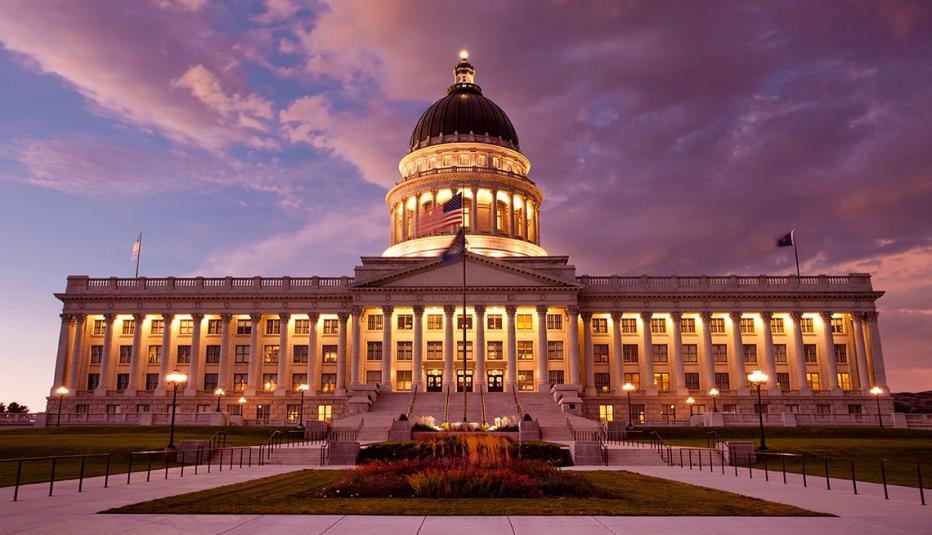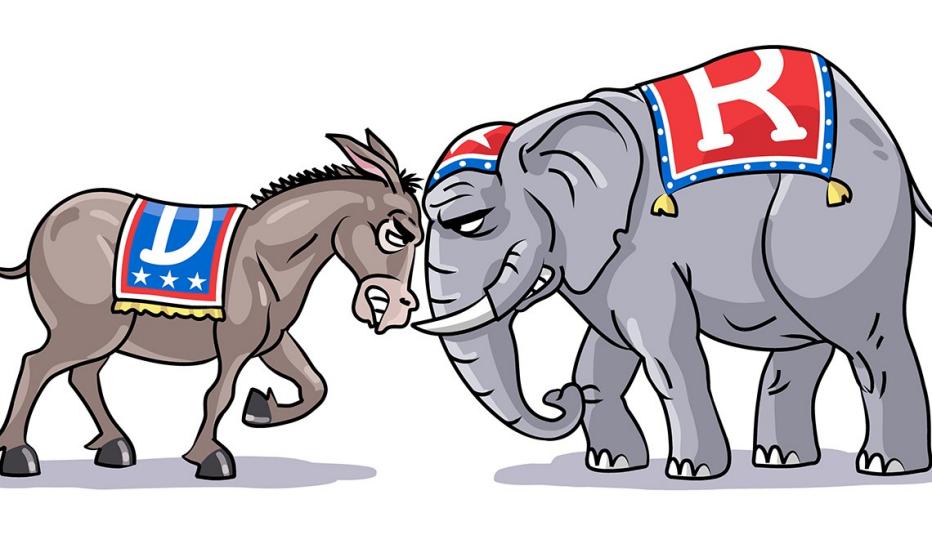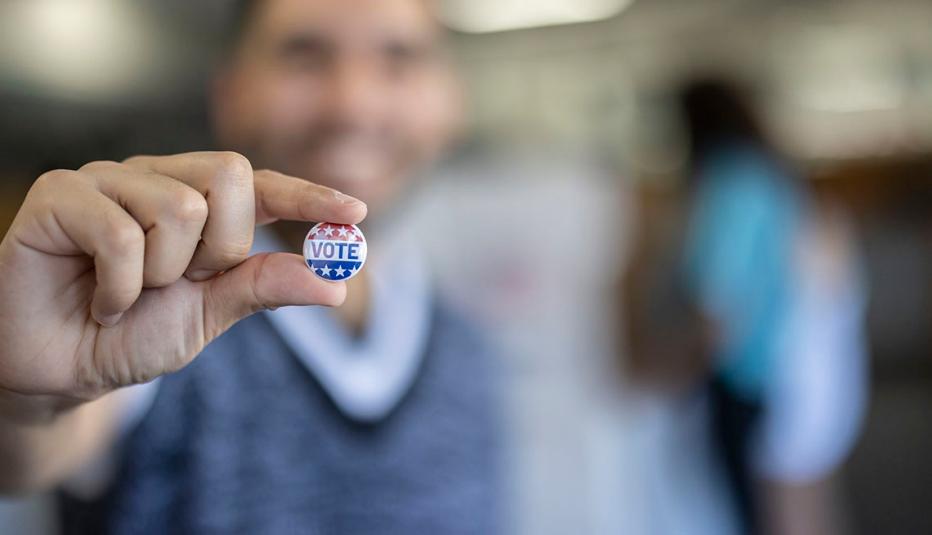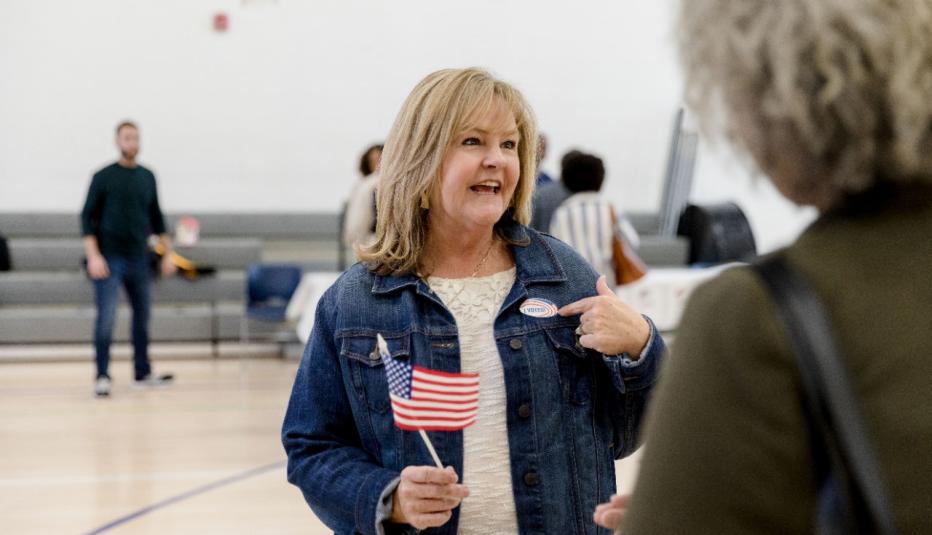AARP Hearing Center
Utah currently has a budget surplus of between one and two billion dollars and has an opportunity to use the funds in many ways over the next year or two. AARP commissioned Alan Newman Research (ANR) to field a phone survey of 1,004 registered voters ages 18 and older on select tax cuts, funding or expanding state services and programs, and contributing to the state rainy day fund.


The results of the survey clearly show that voters believe a combined approach to using the surplus would be best: use it to reduce or cut some taxes, fund or expand some programs, and add some to the state's rainy-day fund. With many Utah voters feeling a negative impact of the current inflation on their day-to-day expenses, some tax cuts would be welcomed by voters such as eliminating the Social Security benefits tax and eliminating the state sales tax on groceries. Other proposals such as expanding the current property tax circuit breaker program to include more households and providing family caregivers with a tax credit are supported by most voters. Likewise, Utah voters believe the state's elected officials need to place a high priority on water supply and usage as well as K-12 public education, affordable housing, and access to quality health care.
Key Findings
- Half (48%) of all Utah voters think the state surplus should be used in some combination of funding/expanding programs and services, cutting certain taxes and adding some surplus to the state’s rainy-day fund.
- Most (66%) Utah voters agree that the state should eliminate its taxation on Social Security benefits, with half (45%) saying they strongly agree.
- Most (73%) Utah voters would support the state expanding Utah’s Property Tax Circuit Breaker Program to include more households with incomes over $35,807. Well over a third (38%) strongly support this.
- Considering the current economic inflation, in the past 12 months, three in five (62%) Utah voters are cutting back spending on basic expenses like groceries, personal care, or transportation costs.
- A third (33%) of all Utah voters think the state should eliminate the sales tax on groceries altogether.
Methodology
AARP commissioned Alan Newman Research (ANR) to field a phone survey in December 2022 of 1,004 registered voters ages 18 and older to gauge their opinions on how to use the surplus. Surveys averaged 18 minutes in length, and were conducted by phone with approximately 70 percent of completed surveys accomplished via cell phone and approximately 30 percent completed via landline phones. Using current Census data, the survey data was weighted to be representative of registered voters ages 18-plus on age, gender, and race.
For more information, please contact Jennifer Sauer at jsauer@aarp.org. For media inquiries, please contact External Relations at media@aarp.org.































































